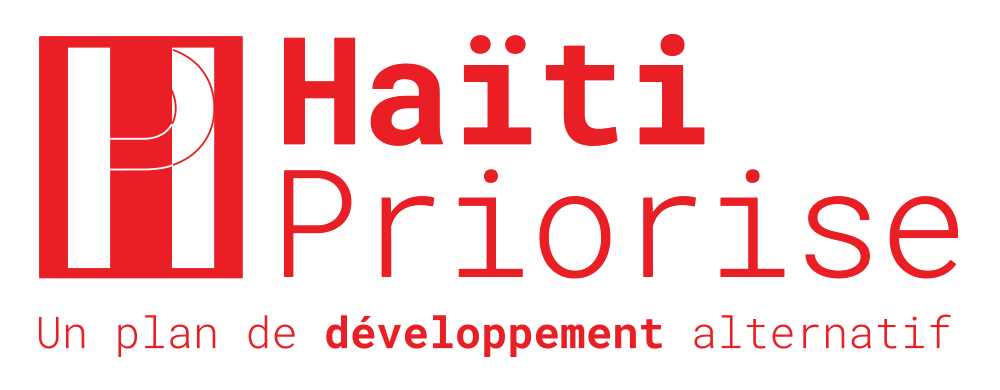Top Ideas for Economic Drivers
Published by
In March 2016, Haiti Priorise held its second sector expert roundtable to discuss the best solutions to boost Haiti’s economy and create jobs. Participants were asked to identify the strengths and weaknesses of this sector and propose actions they think should be a priority to address some of the principal challenges facing Haiti. The roundtable discussion built upon current efforts by the Haitian government to bolster economic drivers and job creation as outlined in the its strategic development plan.
The most notable ideas with regard to the economic drivers focused on: developing policy to integrate the informal sector, increasing women’s access to credit, investing in energy sovereignty, increasing taxes and tariffs on imports, strengthening the honeybee value chain, creating an e-commerce platform for local cooperatives in to sell their goods in the global marketplace, and including arts and crafts sector in the Haiti Strategic Development Plan.
The job creation ideas focused on: investing in the tourism sector to make it more competitive regionally, developing public policy on job creation and employment which includes the public investment needed, adding an additional year at the secondary level for professional training and civil service in priority sectors, and providing vocational training based on based on supply and demand from the private sector.
Proposed Ideas
Roundtable Attendees
Prominent discussants and interviewees included Marie Legault and Jean Touchette, Global Affairs Canada ; Yves Robert Jean, Planification et de la Coopération Externe ; Guy Boucicault, Institut Haïtien de Statistique et d'Informatique (IHSI) ; Gabriel Rémy Duvalsaint, International Monetary Fund ; Pierre Marie Boisson, Forum Economique du Secteur Privé ; Eddy Labossière Association Haïtien des Economistes (AHE) ; Rita Sciarra, United Nations Development Program ; Yves André Séjour , Technoserve ; Kesner Pharel, Groupe Croissance ; Camille Chalmers, Plateforme Haïtienne de Plaidoyer pour un Développement Alternatif (PAPDA) ; Salim Loxley, Interamerican Development Bank ; Michael Wyzan, US Agency for International Development (USAID) ; Etzer Emile, Université Quisqueya (UniQ).

